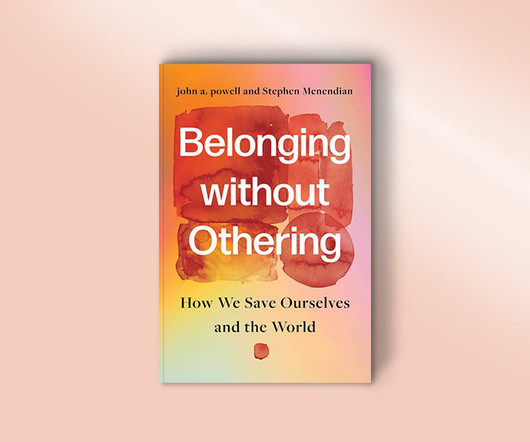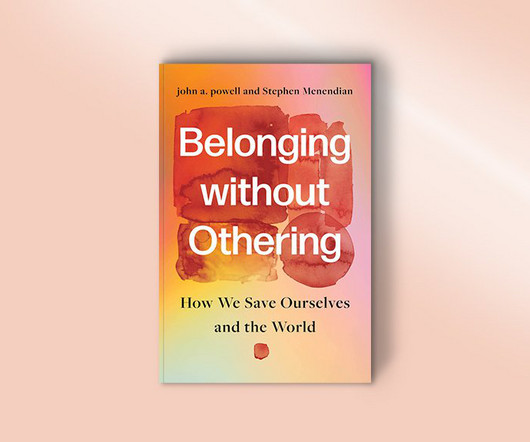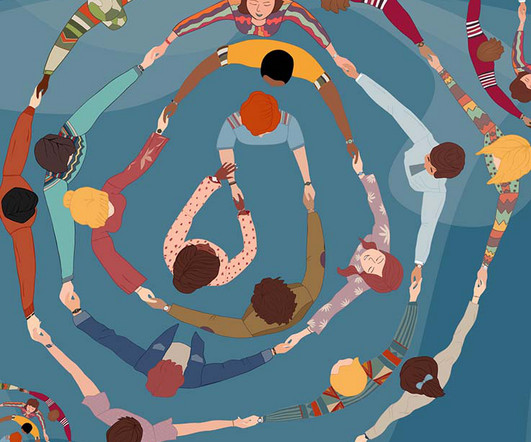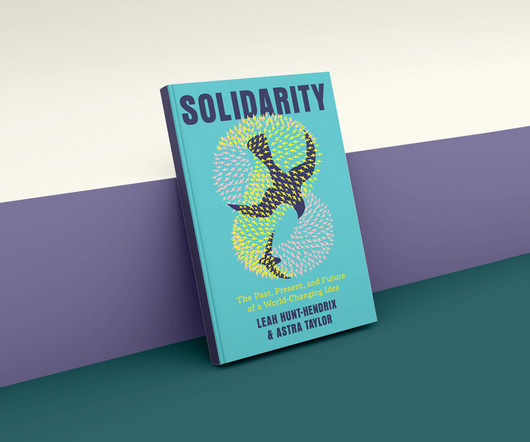Minding the Gaps: Neuroethics, AI, and Depression
NonProfit Quarterly
MARCH 24, 2025
11 Unique barriers to care, including stigma vis--vis mental health, language discrepancies, and poverty, put Latinx people in the United States at higher risk of receiving inadequate treatment than the broader population. percent of Black Americans live below the poverty line (the number is 7.7 10 Only 35.1 Andrew Subica et al.,
















Let's personalize your content